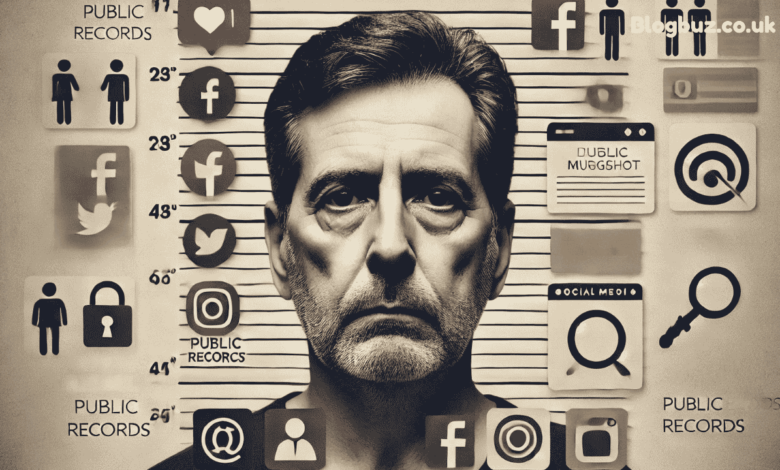In the digital age, a single image can have far-reaching consequences. The case of Dennis Eugene Durden, whose mugshot from a 2024 DUI arrest in Fort Pierce, Florida, gained widespread attention, underscores the complexities surrounding public records and personal privacy.
The Incident
On May 31, 2024, Dennis Eugene Durden was arrested in Fort Pierce for driving under the influence (DUI). The arrest was documented with a mugshot, which was subsequently shared on various online platforms, including the St. Lucie County Sheriff’s Office’s Facebook page. This dissemination of his mugshot sparked discussions about the implications of such exposure.
Legal Context
Mugshots are typically public records in many jurisdictions, including Florida. They serve as official documentation of an individual’s arrest and are often used for identification purposes. However, the publication of these images on the internet has raised concerns about privacy and the potential for reputational harm.
In Durden’s case, the widespread sharing of his mugshot led to increased public attention. While some argue that this transparency is essential for accountability, others contend that it can be detrimental to individuals who have not been convicted of a crime.
Personal and Professional Impact
The release of Durden’s mugshot had significant personal and professional repercussions. Family members and friends reported feelings of embarrassment and concern over the long-term effects on his reputation. Professionally, individuals with publicly available mugshots may face challenges in securing employment or housing, as potential employers and landlords often conduct background checks.
Broader Implications
Durden’s case highlights the broader issue of how public records, particularly mugshots, are handled in the digital era. While these records are intended to be transparent, their online publication can lead to unintended consequences for individuals who have not been convicted of a crime.
This situation has prompted discussions about the need for reforms in how mugshots are disseminated and the potential for legislation to protect individuals’ privacy rights. Some advocate for policies that would restrict the publication of mugshots until after a conviction, while others call for the removal of mugshots from online databases once charges are dropped or a person is acquitted.
Conclusion
The case of Dennis Eugene Durden serves as a poignant reminder of the complexities at the intersection of public records, privacy, and digital media. As society continues to navigate these challenges, it is crucial to find a balance that upholds transparency while protecting individuals from undue harm.
For those interested in learning more about the implications of mugshot publications and the ongoing debates surrounding privacy and public records, resources such as the St. Lucie County Sheriff’s Office’s Release Report and discussions on platforms like BlogBuz provide valuable insights.
